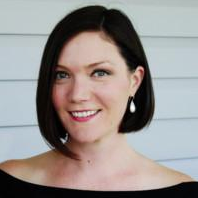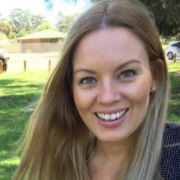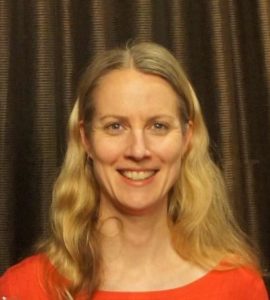
You and I are real – we have lives.
We all know social media isn’t a real world. However, you and I are: real. We have lives. Lives that aren’t curated and

The Self-Confidence Trap: unrealistic expectations about how self-confident we ‘should’ feel, which in turn damage our self-confidence.
Self-confidence is a prized attribute commonly associated with competence and its close cousin, success. This is an example of the numerous myths and misconceptions about the nature of self-confidence. The term ‘self-confidence’ is rarely used by psychologists. Instead, they measure separate elements which together we commonly refer to as ‘self-confidence’:
Self-esteem: the value people place on themselves
Self-efficacy: the ability to achieve personal goals
What we call self-confidence is the belief your effort can make a difference combined with a healthy level of self-esteem (as opposed to narcissism). In this digital age the nature of messages regarding what constitutes success has created a paradox, one where we mistakenly believe confidence and success go hand-in-hand.

This results in what I call the Self-Confidence Trap: unrealistic expectations about how self-confident we ‘should’ feel, which in turn damage our self-confidence.
To help you recognise the Self-Confidence Trap, I’ve catalogued some common myths, mistakes, and misconceptions below.
We tend to think of people as being either self-confident or not self-confident, but this isn’t true. We all have self-confidence. Whether we feel it depends on circumstances. Self-confidence can come or go – it’s not permanent state of mind or feeling.
It’s human to feel these emotions. Even people who seem very self-confident experience them. What matters is how you respond to these feelings.
How we feel is a result of our reactions to our environment in combination with what’s happening in our inner world. You may have a positive reaction to people or circumstances and feel more self-confident as a result. These people or circumstances didn’t give you the feeling, you did.
Imagine a world where nobody acted until they were 100% confident of success. We wouldn’t learn basic life skills such as walking if we didn’t dare to try before we were sure we wouldn’t fail.
Have you ever felt confident about what you were doing, only to have it go wrong? Self-confidence doesn’t determine success. Sure, it helps, but there are no guarantees.
Think about some people you deem to be successful. Have they taken risks, had setbacks or suffered failures? They most probably have, and since they’re human they’ve probably had moments of self-doubt and lacked confidence.
Try the following next time your self-confidence feels low.
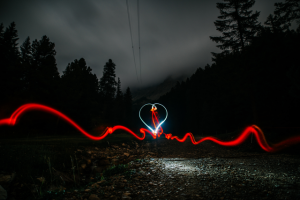
‘Do I believe I can do this?’
‘Do I feel worthy / good enough?’
Then:
If you’re feeling this way it’s merely proof that you’re human. How you feel doesn’t define who you are or what you’re capable of.
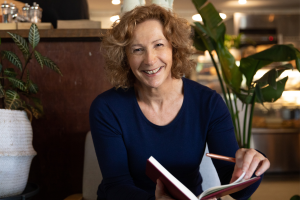 My purpose is to help create female role models who demonstrate it’s possible to be both successful and to be yourself. These articles are one aspect of that purpose.
My purpose is to help create female role models who demonstrate it’s possible to be both successful and to be yourself. These articles are one aspect of that purpose.
If you’re looking for help to get through a self-confidence slump, try my Inner Critic or Conscience Guide or use my Situational Self-confidence Model to help you understand what may be denting your confidence.
I’ ve also written a self-coaching journal which has successfully guided many women to define success in their own terms whilst being true to their values. If you would like to take the next step you can find out more about the journal, download my guided values exercise, or contact me.
Jacqui Alder is an internationally experienced human resources executive, consultant, and coach, with over 30 years’ experience in global businesses. She has worked in Australia, Europe, and Asia across multiple industry sectors.
She is founder at Clarity Simplicity Success for Women, and author of a self-coaching journal for women of the same name. The purpose of this business is to empower women to define their own meaning of success with their values at its heart.

We all know social media isn’t a real world. However, you and I are: real. We have lives. Lives that aren’t curated and
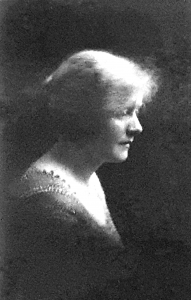
Your footprints may be followed by others. Like you, I walk in the footsteps of my female forebears. The fine details of whose lives I

Does it matter? ‘It doesn’t matter,’ she said. I wanted to turn away from her, but I couldn’t. She had my hands firmly gripped in
